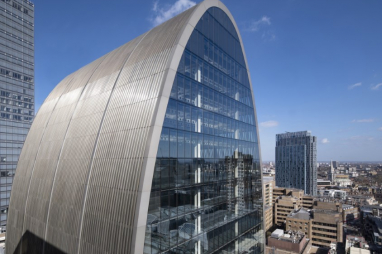- Jordan Trunner Q4 343408-171 - Air LOW Jordan 1 Art Basel Igloo Rust Pink - LOW Jordan LOW Jordan ADG 3 sneakers Schwarz
- Жіночі легкі білі з чорним кросівки neonata adidas iniki 🆕 адідас інікі — ціна 1699 грн у каталозі Кросівки ✓ Купити жіночі речі за доступною ціною на Шафі , Україна #110935388 , neonata adidas primeknit cleats green and purple color
- womens air jordan 6 barely rose dh9696 100 release date
- bb8587 adidas women sneakers new release
- IetpShops , adidas Running Spring/Summer 2010 Preview Oscillate & Regulate , Tênis Adidas Originals Nmdr1 Preto Branco
- air jordan xxxv cq4227 004
- Nike Blazer Mid 77 Catechu DC9265 101 Release Date
- air force 1 shadow
- best nike basketball shoes
- Air Jordan 1 Mid Bred 554724 074 2020 Release Date 4
- Home
- News and analysis
- Info hubs
- Events
- Video
- Case Studies
- About us
- Magazine
- Advertising
Produced for the industry by the Association for Consultancy and Engineering
News
No more bidding for major infrastructure projects, say Galliford Try after losses

Galliford Try say they will no longer bid for major infrastructure projects after its construction division suffered an £89m loss due largely to problems on delivering the Queensferry Crossing and the Aberdeen Western Peripheral Route.
Pre-tax profits for the year to 30 June 2017 fell nearly 60% from £135m to £59m, on revenue up 6% to £2,820m (2016: £2,670m).
Profit was hit by one-off charges of £98.3m, which includes £87.9m in respect of the two infrastructure joint ventures in Scotland - the £790m Queensferry Crossing and the Balmedie-Tipperty section on the £550m AWPR.
Both projects were contracted on fixed-price terms - Queensferry Crossing in 2011 and AWPR in 2014. The firm’s construction division made an operating loss of £88.8m for the year on revenue of £1.5bn. Notwithstanding the one-off costs associated with the major contract losses, the division still failed to break even, making a pre-exceptional operating loss of £900,000.
Galliford Try chief executive Peter Truscott said that the firm will now focus on lower risk public, utility and two-stage tender work. “We have put into place rigorous processes to ensure a more disciplined approach towards project selection,” said Truscott. “Today, we are focusing on lower-risk public and regulated sectors and two-stage negotiated work, rather than large infrastructure projects on fixed-price, all-risk contracts which these legacy projects were,” he said.
Truscott added: “As these challenging contracts draw closer to completion, we are encouraged by the performance of our new contracts. During the year, we improved our risk management process for project selection, increasing our rigour in choosing which projects to take on. This selectivity is increasingly reflected in our culture and is resulting in more projects being ruled out earlier in the selection process.”
He continued: “The construction market remains largely positive, as the UK continues to require substantial investment in its social and economic infrastructure. As a result, the order book in our construction business remains strong and we have already secured a significant proportion of work for the financial year, and much of the following year 2019.
“Our focus is on contract quality and risk management, and we will continue to be rigorous in our project selection, with revenue expected to remain broadly stable year-on-year as a result. Our newer work has been operating under these parameters and performance to date has been encouraging and is supportive of our target margins. As our legacy positions close out we expect margins to improve as we work towards our 2021 target of at least 2.0%.”





